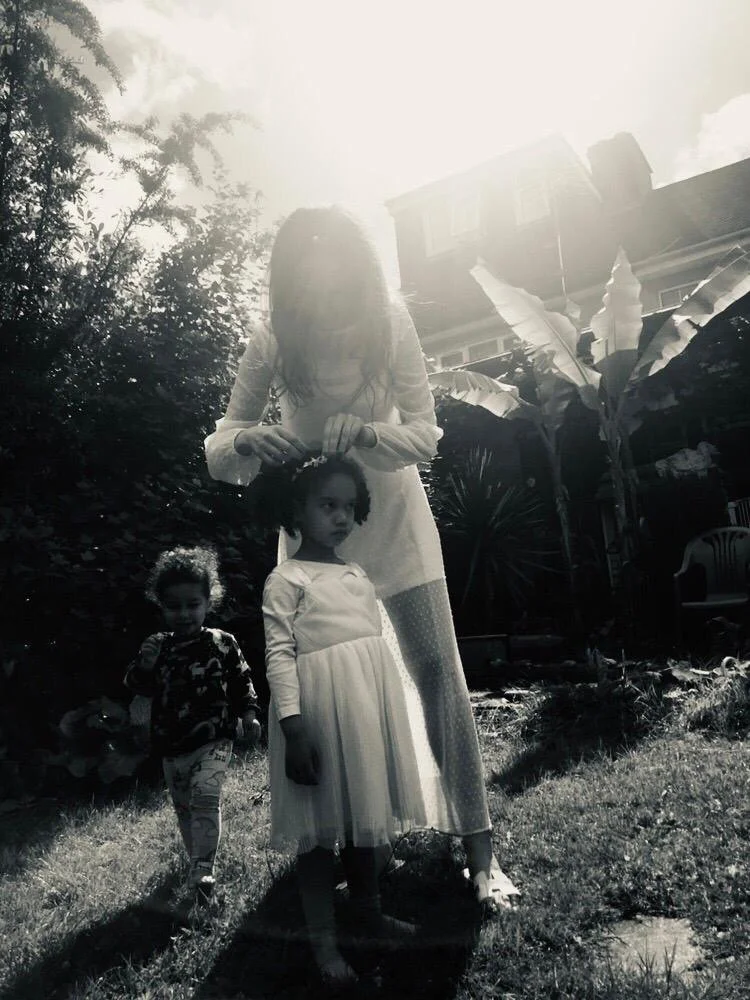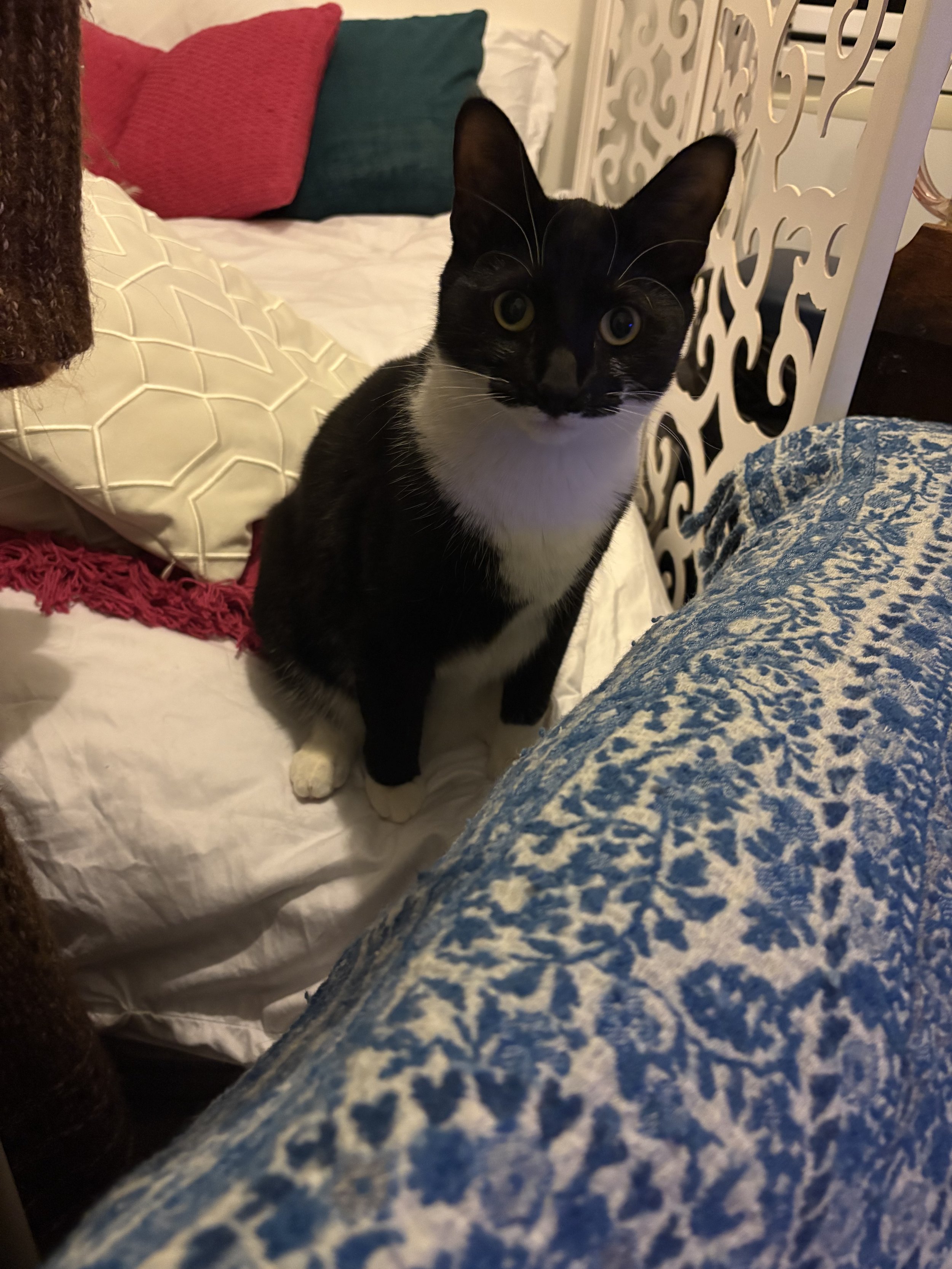About the Curator
My name is Tina Onur, and I’m a researcher based in London. I’m currently completing my PhD at King’s College London, where my work explores the thought of Frederick Denison Maurice in the realms of teaching to marginalised groups, citizenship, and gender.
My first and enduring passion is critical pedagogy. I’ve been teaching adults since 2003, including refugees and asylum seekers in the UK and the Middle East, and I’ve long been inspired by the work of thinkers like bell hooks, Paulo Freire, and Henry Giroux. I’ve lived and worked in Egypt, Syria, and Saudi Arabia - experiences that have shaped not only my politics, but my deep belief in the transformative power of adult education. That belief is what first drew me to Maurice. I recognise his early pedagogical methods as learner-centred, emancipatory, and empowering.
The main purpose of this archive is to encourage people to look at Maurice in new ways, to draw attention to the influence his sister Mary Atkinson Maurice had on his thinking, and to offer a space where I can connect with fellow researchers and students of Maurice on my own terms. I’m not a fan of social media, and this site is, in some ways, a quieter and more reflective alternative. I’ve been collecting these materials for about three years now, and wanted to share them with others, especially as many are difficult to find and deserve to be more widely read.
A little more about me: I live in North London with my black-and-white cat, Harri, who often joins me on walks - either in her pram or on a leash. I also have five brilliant and hilarious nieces who share my love of all things eerie and uncanny. They remind me daily why I care so deeply about education and inclusion.
This archive is, and will likely remain, a work-in-progress shaped by care, curiosity, and the belief that historical recovery can be an act of justice.
Thank you for being here.
✨ Want to follow along with the story behind the archive? Over on my blog, I share little windows into my PhD life - the discoveries, the late-night thoughts, the conferences where I speak about Frederick and Mary, and the quiet joys (and occasional chaos) of researching two extraordinary lives.





